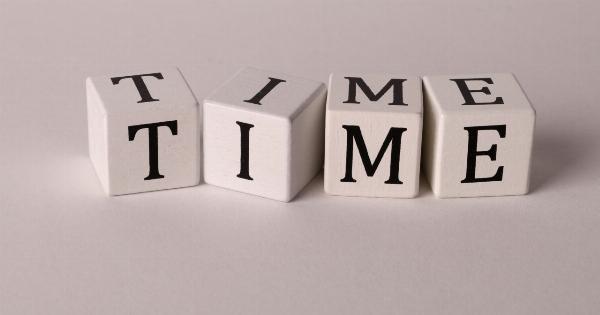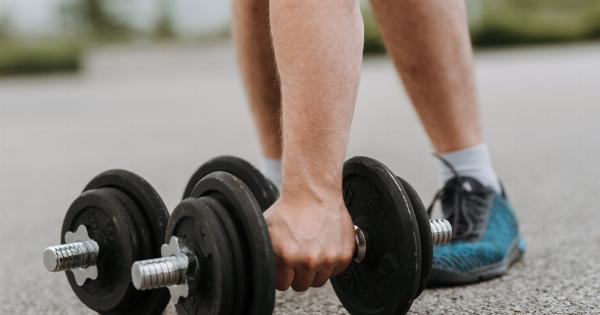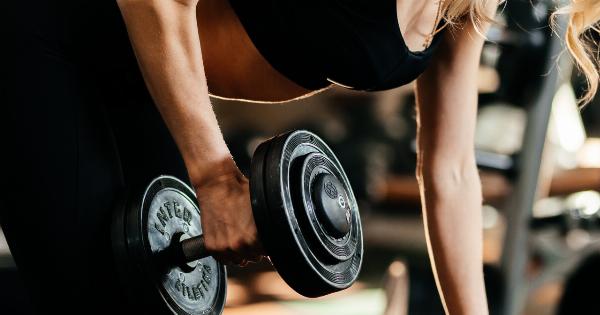Regular exercise is crucial for maintaining a healthy lifestyle. However, many people struggle to find the best time to incorporate exercise into their daily routine.
While any physical activity is beneficial, certain times of the day can maximize the effectiveness of your workouts. By understanding how your body functions at different times, you can choose the optimal time for exercise and achieve better results.
The Science behind Exercise Timing
The effectiveness of exercise is influenced by various factors, including hormone levels, body temperature, and circadian rhythm. Timing your workouts to align with these biological patterns can lead to improved performance and increased benefits.
Let’s explore how exercising at different times of the day affects the body:.
Morning Workouts
Exercising in the morning has several advantages. One of the main benefits is that it kickstarts your metabolism, helping you burn calories throughout the day.
Morning exercise also boosts mental focus and alertness, setting a positive tone for the rest of the day. Additionally, studies have shown that morning workouts can improve sleep quality, lower blood pressure, and reduce stress levels.
Afternoon Workouts
The afternoon is a time when your body temperature is at its highest, making it an ideal time for physical exertion.
Research suggests that afternoon workouts can enhance physical performance, as the body is more warmed up and flexible compared to the morning hours. Additionally, exercising during your lunch break can provide a much-needed energy boost, helping you overcome mid-afternoon slumps.
Evening Workouts
For many people, evening workouts fit conveniently into their schedules. While it may take longer to warm up compared to the afternoon, exercising in the evening allows you to release stress and tension accumulated throughout the day.
Furthermore, research indicates that evening workouts can help improve sleep quality and aid in muscle recovery and growth.
Personal Factors to Consider
While understanding the science behind exercise timing is important, it’s equally essential to consider your personal preferences and goals. Different individuals may respond differently to exercise at various times of the day.
Here are some factors to consider:.
1. Energy Levels
Pay attention to your energy levels throughout the day. If you feel most energized in the morning, that may be the best time for you to exercise.
On the other hand, if you find yourself more energetic in the evening, consider scheduling your workouts then.
2. Schedule
Consider your daily routine and commitments. Find a time slot that allows you to be consistent with your workouts. Consistency is key to achieving long-term fitness goals.
3. Workout Types
Certain types of workouts may be better suited for specific times of the day. For example, high-intensity interval training (HIIT) workouts are typically more effective in the morning, as they can kickstart your metabolism for the day.
On the other hand, yoga or stretching exercises may be better suited for the evening, as they can help you wind down and relax before bed.
4. Social Support
If you enjoy exercising with others, consider the availability of workout buddies or classes at different times of the day. Exercising with others can provide motivation and make your workouts more enjoyable.
Conclusion
While there is no one-size-fits-all answer to the best time to exercise, considering your body’s natural rhythms and personal factors can help you determine when you’re most likely to enjoy and benefit from your workouts.
Whether you choose to exercise in the morning, afternoon, or evening, the most important thing is to make physical activity a consistent part of your routine. Ultimately, finding the ideal exercise time for you will maximize effectiveness and help you achieve your fitness goals.


























